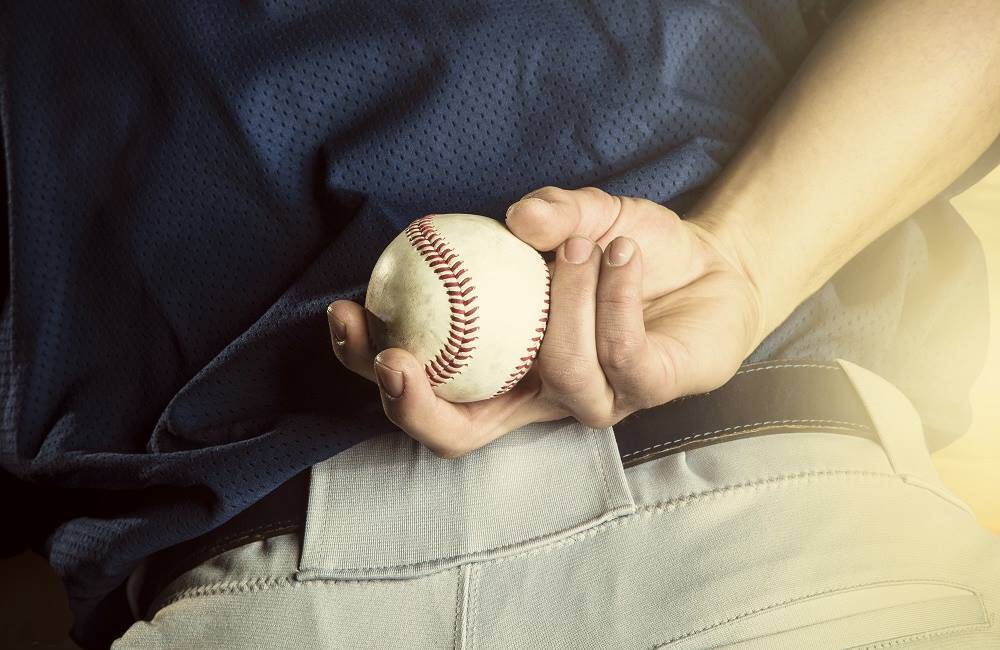It’s the time of year for the Hot Stove League, where fans get together and discuss potential changes in personnel that could alter the fate of their favorite teams next season. Now that the Chicago Cubs have won a World Series again, anything seems possible.
One area of focus, especially during the off season, are trades.
Everyone has a different opinion of what trade could immediately improve their team – or destroy its chances. Some argue just one good player can turn the tide in the right direction. Others argue it’s more important to get rid of an under-performing or overpaid player, sort of addition by subtraction.
And should you trade from strength to shore up weakness or double down on an area of strength? Do you give away a great hitter for a great pitcher, or vice versa?
As you consider the moves your team should make, consider these moves from the past that made history, for all the wrong reasons. Argue about trades as much as you like, but few will disagree the following represent four of the worst trades in Major League Baseball history.
Worst Trades in Major League Baseball History
Or the best trades, considering which side you are on.
Mark McGwire
Even though he was already a home run-hitting machine for the Oakland Athletics, the team decided to trade McGwire to the St. Louis Cardinals in July 1997. The rest, of course, is history. McGwire ended up breaking the single-season home run record while with the Cardinals and became a modern baseball legend. The players the A’s received? T.J. Mathews, Blake Stein and Eric Ludwick. Mathews had five decent seasons with Oakland, while Ludwick made five starts with the Athletics before getting traded to the Florida Marlins. Stein pitched one season for Oakland. He spent the rest of his career, four seasons, in Kansas City, across the state from where McGwire made history.
Randy Johnson
In May 1989, the Montreal Expos traded Johnson, one of the dominating left-handed pitchers of all time, to the Seattle Mariners along with two other players for pitchers Mark Langston and Mike Campbell. Johnson had a stellar nine-year career with Seattle, including a Cy Young award. Langston had a long and good career, but pitched only one season in Montreal, leaving at the end of the 1989 season as a free agent for the California Angels. Campbell never pitched in Montreal at all, as the Expos traded him to the Chicago White Sox.
Curt Schilling
In 1991, the Baltimore Orioles traded pitchers Curt Schilling and Pete Harnisch, as well as outfielder Steve Finley, to the Houston Astros for power-hitting first baseman Glenn Davis. This one is less notable for what Houston gained than what the Orioles lost. In fact, Houston traded Schilling in 1992 to Philadelphia for Jason Grimsley, another trade that could make this list. Schilling went on to become one of the most dominating pitchers of his generation, just not in Houston.
Harnisch became a fixture in the Houston rotation for the next four years and Finley was a solid contributor for the Astros for four years as well. But Davis, who the Orioles hoped was the missing piece to their puzzle? He had a neck injury in 1991, and by the time he returned no longer had his former home run power. In 1992, he had a solid year, but in 1993 the wheels came off. First, he had his jaw broken in a bar fight. After working his way back to the majors, he got hit in the dugout by a line drive. Finally, after arguing with the manager about not being in the starting lineup, the Orioles cut Davis. He hit just 24 homers during his entire time with the Orioles. He never played in Major League Baseball again.
Prince Fielder
In 2013, the Detroit Tigers wisely traded Prince Fielder and his enormous contract to the Texas Rangers for second baseman Ian Kinsler. The Tigers also agreed to pay $30 million. Kinsler become an All-Star infielder, scoring more than 100 runs in two of his first three seasons with the Tigers. Fielder had an injury marred season in 2014, a very good 2015 and announced his retirement because of neck injuries in 2016.
Those are just four of the many bad trades made in baseball, of which there are many. But talking about that kind of thing is what the Hot Stove League is all about.


According to the book, TRADED, the Curt Shilling deal you listed is the most lop-sided trade of the 20th century in term of net future Win Shares.
Please tell me you didn’t repeatedly spell “McGwire” as “Maguire”.
Also, it’s the “Cy Young Award”, not “CY Young”. The late 19th/early 20th century star pitcher didn’t capitalize his first name. CY is not an acronym.
Chris,
Good catch, thank you – even our editors make mistakes sometimes. We reviewed your comments and agree with your findings, thus have modified the article.
Denny McLain deal pretty bad for Washington…great for Detroit